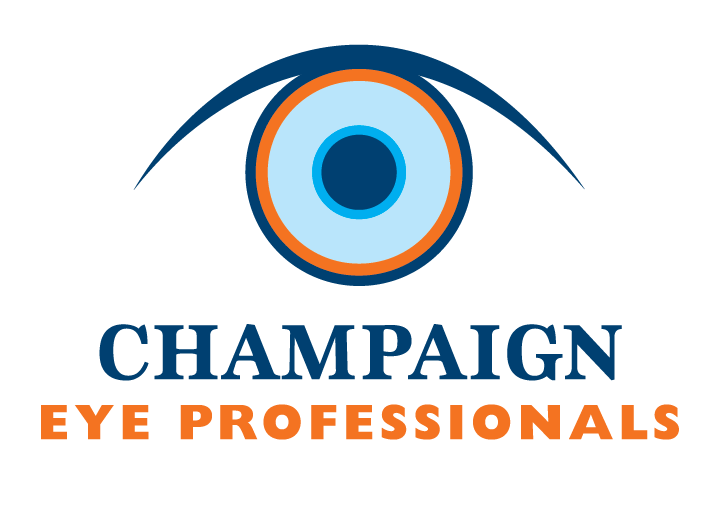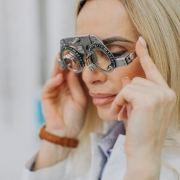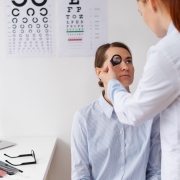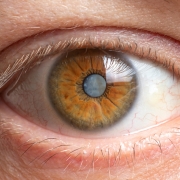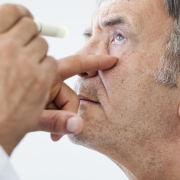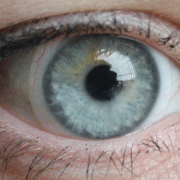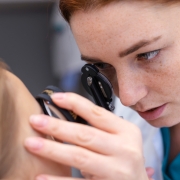Are Itchy Eyes a Symptom of Dry Eye Syndrome?
Dry eye syndrome is a common condition where the eyes do not produce enough tears to lubricate the areas that need moisture. Your Champaign, IL eye doctor can diagnose and treat dry eye syndrome, based on your symptoms. One of the most unrecognized symptoms of this condition is itchy eyes.
Are Your Itchy Eyes Caused by Dry Eye Syndrome?
Even though itchiness is definitely one of the symptoms of dry eye syndrome, there are other reasons why your eyes may be itchy. One of them is allergies. You could be allergic to pollen, grass, or any number of other seasonal allergens. You might also be allergic to some kind of eye makeup that you’re wearing, or the laundry detergent you’re using. Bear in mind that allergies can crop up at any time of life. Even if you weren’t allergic before, you may have developed a new allergy.
Other Symptoms of Dry Eyes
If you do have dry eye syndrome, you’ll have some other symptoms besides itchiness. These include:
- redness
- puffy eyes
- gritty or sandy feeling in the eye
- blurry vision
You may have other symptoms, too. When you visit your eye doctor, bring a list of all your symptoms. This will help in evaluating whether you have dry eye syndrome or something else, such as an eye infection or eye allergies.
Allergy Symptoms
It’s good to distinguish between allergy-related itching and dry eye syndrome. Allergies typically present with additional symptoms, such as sneezing, a runny nose, and watery eyes.
Contact us today for a dry eye evaluation in Champaign, IL. You’ll find out once and for all if your itchy eyes are caused by this condition. After that, your eye doctor will recommend a treatment plan so you can finally get relief.
